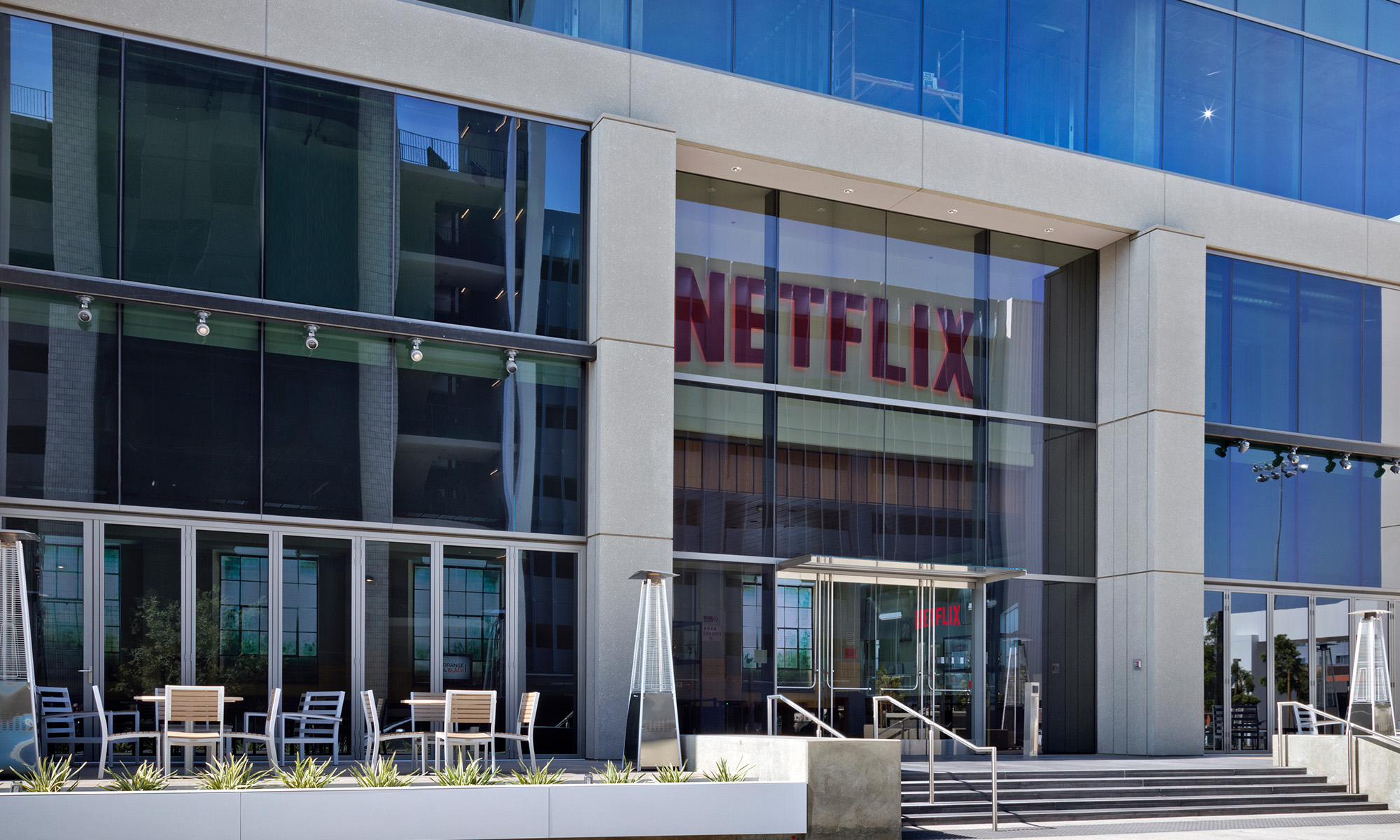
Source: Netflix.
Netflix (NFLX 0.04%) is in a mad dash to cover the globe by the end of next year. CEO Reed Hastings aims to have the streaming video service in 200 countries by 2017, up from 50 today.
Netflix will enter Spain, Portugal, and Italy in the fourth quarter. But few new markets have a bigger potential impact on the business than the single one that's slated for this quarter: Japan.
Opportunities and risks
Hastings has called Japan a "critical component of our [global expansion] plan." And the numbers show why that's true: there are 36 million broadband households in the country, and roughly 100 million Japanese citizens are Internet users, according to the CIA World Factbook. That makes it the third biggest global market, behind only the United States and China. Japan has five times the number of Internet users as Australia and New Zealand, the new international region most responsible for Netflix's record growth last quarter.
We can estimate Netflix's long-term opportunity in Japan by assuming it eventually reaches U.S. penetration levels. The streamer counts 43 million domestic users, or about 40% of all broadband households. Applying that ratio to the Japanese market suggests Netflix could hope to have as many as 14 million subscribers in that country. For perspective, Netflix currently has 23 million users across all of its international markets.
The company will have to fight for every one of those new subscribers, though. Huge rival streamers have been doing business in Japan for years. SoftBank's BBTV Next launched in 2014, and Amazon introduced its instant video service two years ago. Sure, Netflix has strong brand recognition in the United States, but it will be playing catch up when it launches in Japan this fall.
Avoiding pitfalls
Management aims to break through the competitive noise with a strategy that can be summed up as follows: cheap, ubiquitous, exclusive, and local. A lot comes down to pricing, which is why Netflix is being extremely aggressive on that point. Rival streamer Hulu was priced at $19 per month when it launched in 2011, and that premium cost hampered its growth. We can expect Netflix to go the other direction and price its service at closer to $10 per month.

Source: Netflix.
The company will also carry a wide selection of Japanese TV series and movies at launch. In addition, streamers will have instant access to the fruit of Netflix's ramped up global content spending; they'll be able to watch exclusive shows like Sense8, Marco Polo, and Daredevil at launch.
Finally, Netflix has been working behind the scenes with consumer electronics companies to make it as easy as possible for customers to try out the service. All the major TV manufacturers have now built Netflix directly into their devices -- even ahead of launch.
Foolish bottom line
Easy access, premium content, and competitive prices should make it a safe bet that Netflix gains a solid foothold in Japan. However, investors shouldn't expect the market to quickly reach anything like U.S.-level success. Because the Japanese don't tend to switch brands easily, it "will probably be our slowest market to get to certain penetration thresholds," Hastings warned in a recent quarterly conference call.
The upside to that brand affinity is that Netflix can count on Japanese users sticking around for a long time once they decide to give its service a shot. That should make it one of the company's most valuable markets down the line. "So we're willing to make the investment knowing that it's not the quick route to success that it might be in other countries," Hastings said.






